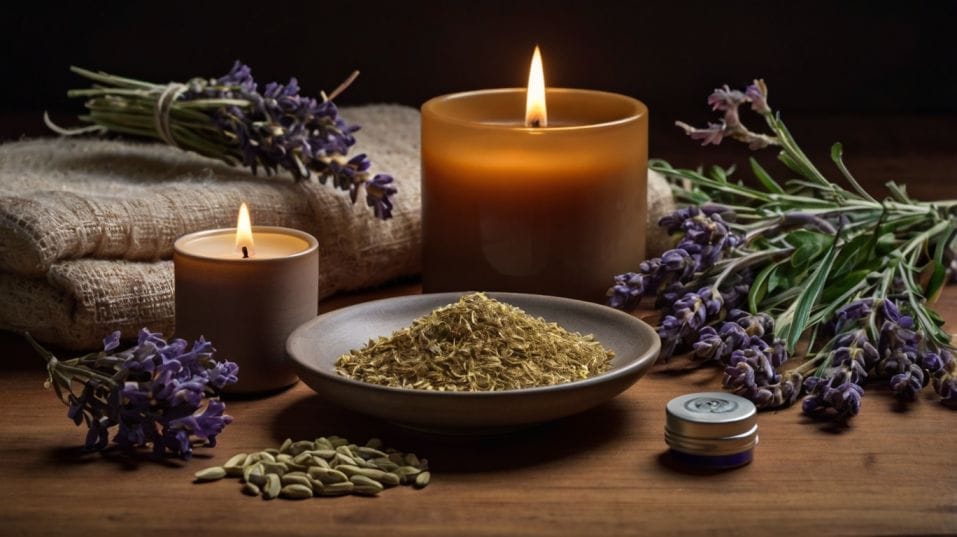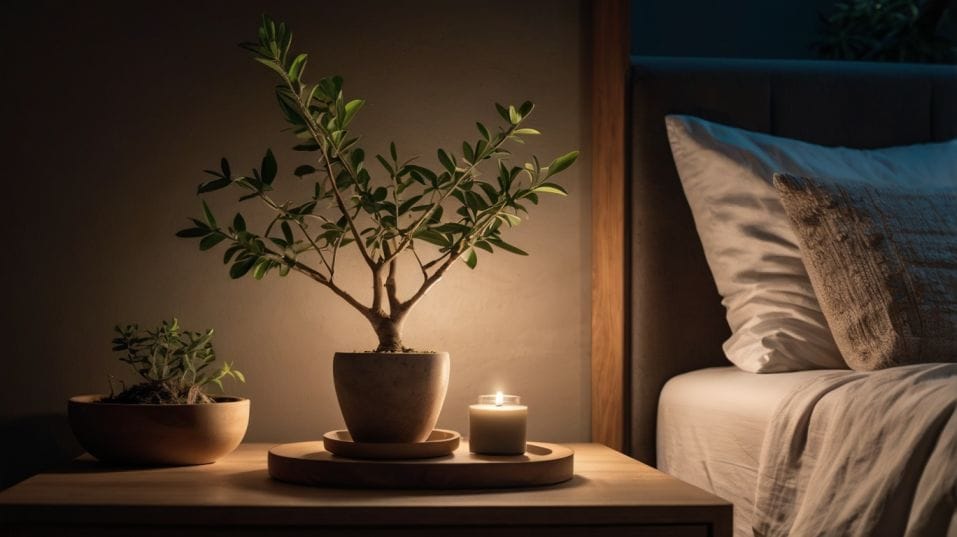Should You Try Ashwagandha for Better Sleep?
Struggling to fall or stay asleep? Discover how ashwagandha helps reset your stress response for deeper, more energizing rest—night after night.

What if a single herb could help you fall asleep faster, stay asleep longer, and wake up sharper—without knocking you out or throwing off your rhythm?
If you’ve tried melatonin or cut back on screens but still feel wired at night, ashwagandha might be the missing piece.
This ancient adaptogen is making waves in modern sleep science for a reason. Here's how it works—and why your body might thank you for it.
What Is Ashwagandha—and Why Should You Care?
Ashwagandha (Withania somnifera) is a root-based adaptogen long used in Ayurvedic medicine to support balance and resilience. In plain English: it helps your body recalibrate under stress.
Think of it as a thermostat for your nervous system. Instead of spiking cortisol (your fight-or-flight hormone) every time you face a deadline, traffic jam, or doomscrolling session, ashwagandha helps keep your internal settings steady.
This matters for sleep more than you might think.
When cortisol stays elevated into the evening—as it often does in our chronically overstimulated world—your brain doesn’t get the “it's time to shut down” memo. Your body might be tired, but your mind keeps racing.
Ashwagandha steps in by nudging cortisol back into its natural rhythm. Not wiped out, just leveled out. And that opens the door to deeper, longer, higher-quality sleep.

What the Research Actually Shows
Let’s get specific. In multiple human trials, ashwagandha has been shown to:
- Reduce sleep onset latency—meaning people fell asleep faster
- Improve sleep efficiency—more of your time in bed is spent in real, restorative sleep
- Enhance total sleep time—especially the crucial deep and REM stages
- Support mental clarity and reduced fatigue during the day
One double-blind study published in Cureus found that participants who took 600 mg of ashwagandha extract daily for eight weeks experienced significant improvements in both sleep quality and mental alertness upon waking.
Another study in the Journal of Ethnopharmacology showed that even people with chronic insomnia saw benefits within a few weeks of use.
Bottom line: this isn’t folk remedy fluff. The data’s there—and growing.
How to Actually Use Ashwagandha for Better Sleep
Here’s where most people mess it up: they treat ashwagandha like a sleeping pill. Take it once, expect miracles. That’s not how it works.
Ashwagandha shines when used consistently, like a supplement to your nightly wind-down strategy.
The sweet spot for most people is 300–600 mg of a high-concentration extract, usually standardized to around 5% withanolides (that’s the active compound). KSM-66 and Sensoril are two well-researched forms with solid clinical backing.
Capsule form is easiest for most routines. Powder works too—stir it into warm almond milk or a no-sugar bedtime smoothie if you’re into that. Timing-wise, take it 30–60 minutes before bed, ideally after your last meal.
Stack It With Simple Sleep Habits
Even better? Pair it with simple, friction-free habits:
- Shut down major screens 90 minutes before sleep
- Drop your bedroom temperature a few degrees
- Add a 10-minute wind-down ritual—stretching, journaling, breathing exercises
Ashwagandha doesn’t replace good sleep hygiene. It upgrades it.
What You'll Notice (and When)
Don’t expect to feel “knocked out.” That’s not how ashwagandha rolls. Instead, you’ll start to notice small wins:
- You fall asleep without as much tossing and turning
- You stay asleep longer, without 3 a.m. wakeups
- You wake up feeling steady—not groggy or wired
- You’re calmer during the day, which circles back to better sleep at night
These effects build. Give it at least 2–4 weeks of consistent use. That’s when most people start to feel the compound effects—not just better sleep, but better recovery, energy, and focus throughout the day.
Can You Stack It With Other Sleep Support?
Absolutely. Ashwagandha plays well with others.
If you’re already taking magnesium glycinate or L-theanine at night, ashwagandha complements those by addressing the root of nighttime restlessness: stress overload.
It can also sit alongside light melatonin use—though many find they need less melatonin once ashwagandha starts kicking in.
You don’t need to build a full supplement cocktail to get results. But if you’re curating your own sleep stack, ashwagandha is a smart anchor—especially if stress is your main barrier.
Final Thoughts: Try It and Build the Habit
Ashwagandha isn’t just for the wellness-obsessed or biohackers. It’s for you—if you’re done with shallow sleep, chaotic nights, and groggy mornings.
It’s a grounded, natural way to help your body relearn what deep, restorative sleep is supposed to feel like.
You don’t need to overthink it. Start with a quality supplement. Take it every night, just like brushing your teeth. Stack it with one or two easy sleep habits you already know work for you. Give it a few weeks to settle in.
The payoff? More energy, better focus, faster recovery, and a sense of calm that follows you from lights out to sunrise.
Start tonight. Let ashwagandha do the heavy lifting while you finally get the rest you’ve earned.




